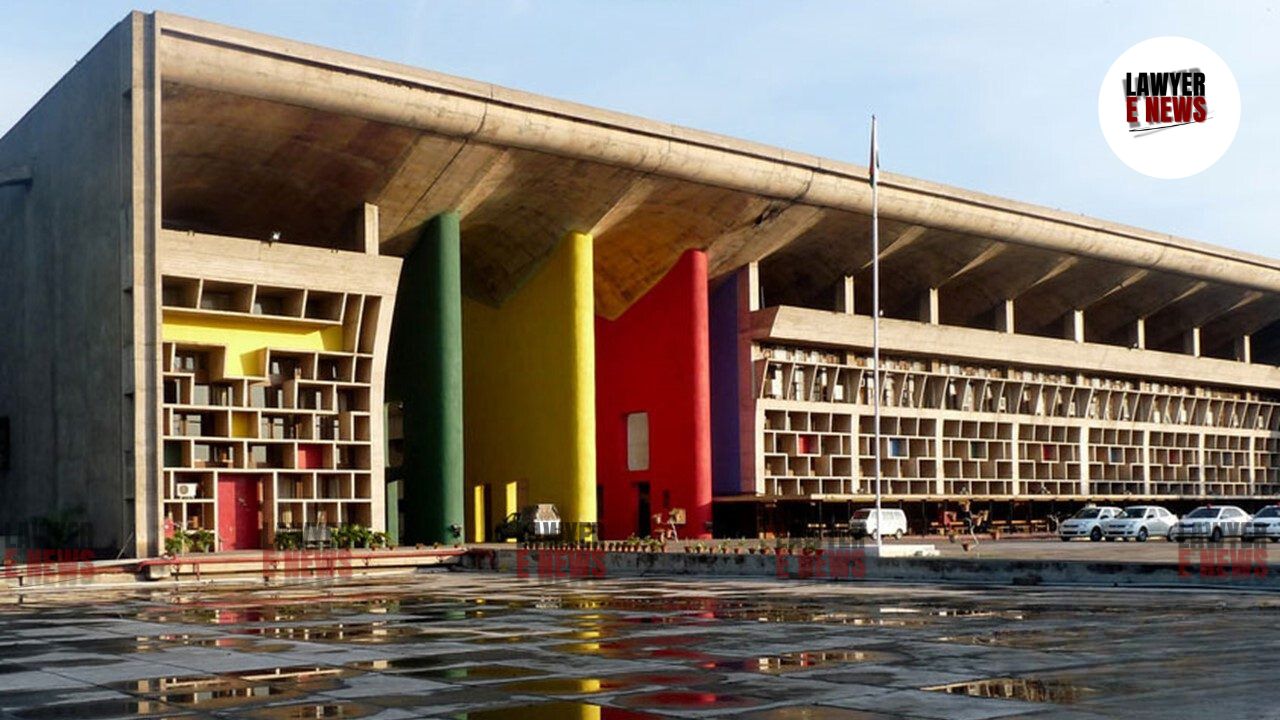-
by Admin
15 February 2026 2:36 AM



Punjab and Haryana High Court, in a bench comprising Justices Sanjeev Prakash Sharma and Sanjay Vashisth, granted relief to The Haryana State Co-operative Supply & Marketing Federation Limited (HAFED), a cooperative society, by quashing the Income Tax Department’s order rejecting its request for interest waiver. The Court ruled that HAFED should not be penalized with interest under Sections 234-B and 234-C of the Income Tax Act for unpaid advance tax resulting from a retrospective amendment that removed the tax exemption previously available to cooperative marketing societies.
HAFED, a cooperative society formed to promote the marketing of agricultural produce, had been availing of a tax exemption under Section 80(P)(2)(a)(iii) of the Income Tax Act, as upheld in C.I.T. vs Punjab State Cooperative Supply & Marketing Federation Limited and subsequently confirmed by the Supreme Court. However, a 1998 amendment to Section 80(P)(2)(a)(iii), applied retroactively to April 1, 1968, restricted this exemption only to cooperative societies marketing agricultural products grown by their members.
The retrospective change led the Income Tax Department to impose interest on HAFED for unpaid advance tax for the assessment years 1996-97, 1997-98, and 1998-99. HAFED contested the interest, citing the Central Board of Direct Taxes (CBDT) circular advising waiver of interest in cases where tax liability arises due to retrospective legislative amendments.
The Court noted that HAFED relied on settled law when it claimed the exemption and did not pay advance tax for the years in question. The Court referred to the CBDT circular, which directs the waiver of interest when tax liability results from retrospective amendments, emphasizing that HAFED's tax liability arose solely due to the amendment.
Quote from the Judgment: “The interest levied solely due to retroactive tax amendments must be waived in light of the CBDT’s directive, which supports waiver of interest in cases where tax liability is imposed retrospectively.”
HAFED’s counsel pointed to a prior CBDT circular allowing interest waivers under Sections 234-B and 234-C in cases where tax liability arises due to changes in law or Supreme Court rulings. The Court found that HAFED was entitled to benefit from this circular since its tax obligation was not based on negligence or omission but on a legitimate interpretation of the law as it stood.
Court’s Reasoning: "As HAFED’s actions were consistent with judicial precedents prior to the retrospective amendment, imposing interest on this basis would unjustly penalize the petitioner.”
Referring to the Supreme Court’s decision in Mavilayi Service Cooperative Bank Limited vs. Commissioner of Income Tax, the Court reiterated that Section 80(P) is a beneficial provision meant to promote the cooperative sector and should therefore be interpreted in favor of cooperative societies where possible.
Observation: “Section 80(P) is intended to benefit cooperative societies, and retrospective amendments should not impose undue financial burdens on such entities.”
The Court highlighted that HAFED’s earlier petition for interest waiver for previous years under similar circumstances had been allowed. Hence, the rejection of HAFED's waiver petition for subsequent years was inconsistent and lacked a reasonable basis.
Court’s Decision: “There was no occasion to reject the waiver petitions for the subsequent assessment years, and the prior favorable decisions on similar grounds should be respected.”
On Retrospective Tax Amendments: "Waiver of interest is warranted when tax liability arises from retrospective legislative changes."
On CBDT Circulars: "CBDT’s directive on interest waiver for retrospective tax liability aligns with principles of fairness, avoiding undue penalization of taxpayers who acted in good faith under prior law."
The Court quashed the Income Tax Department's order denying HAFED’s interest waiver, holding that interest was improperly imposed solely due to a retrospective amendment. The Court directed the Income Tax Department to waive the interest for the assessment years 1996-97, 1997-98, and 1998-99 under Sections 234-B and 234-C.
Date of Decision: November 6, 2024
